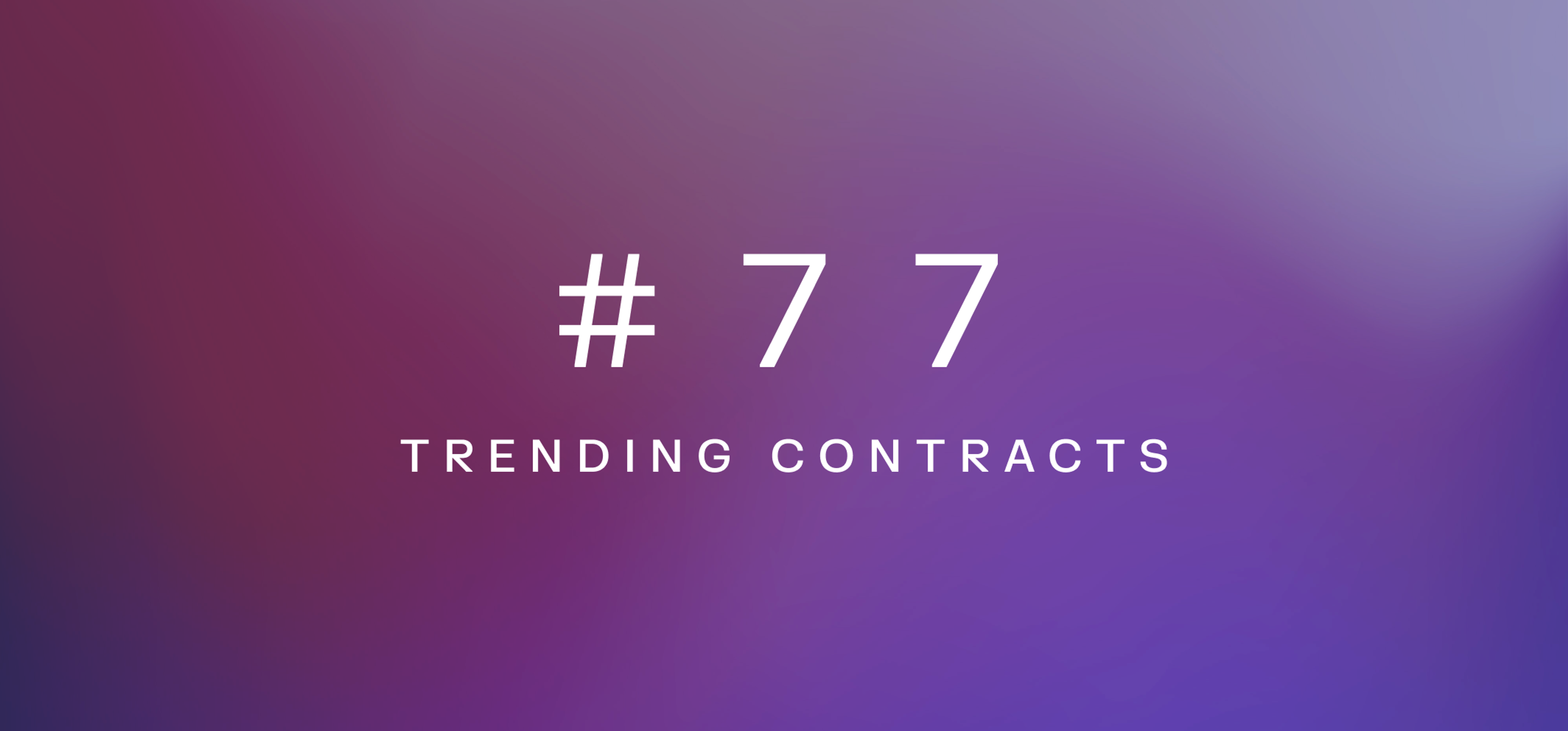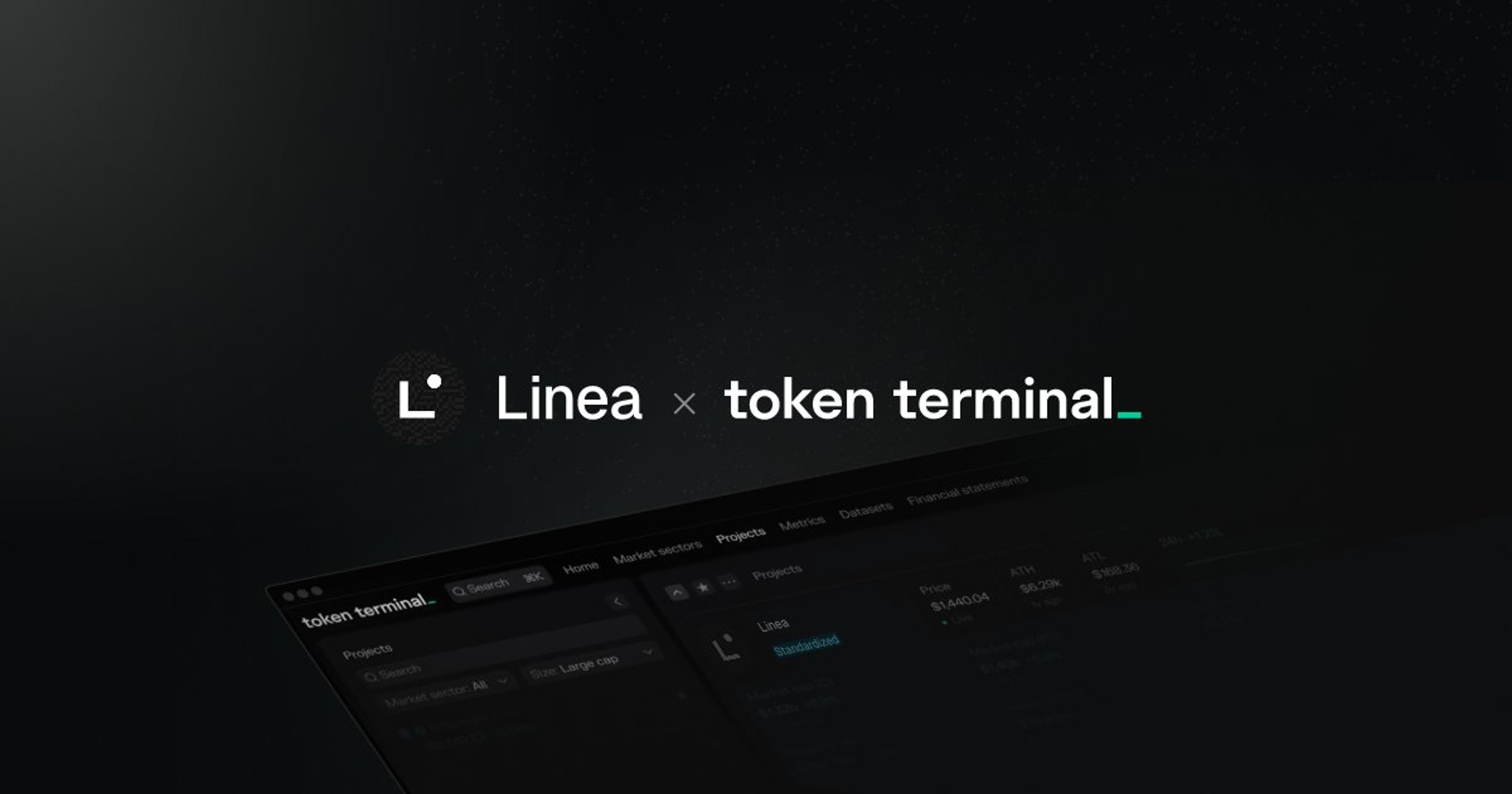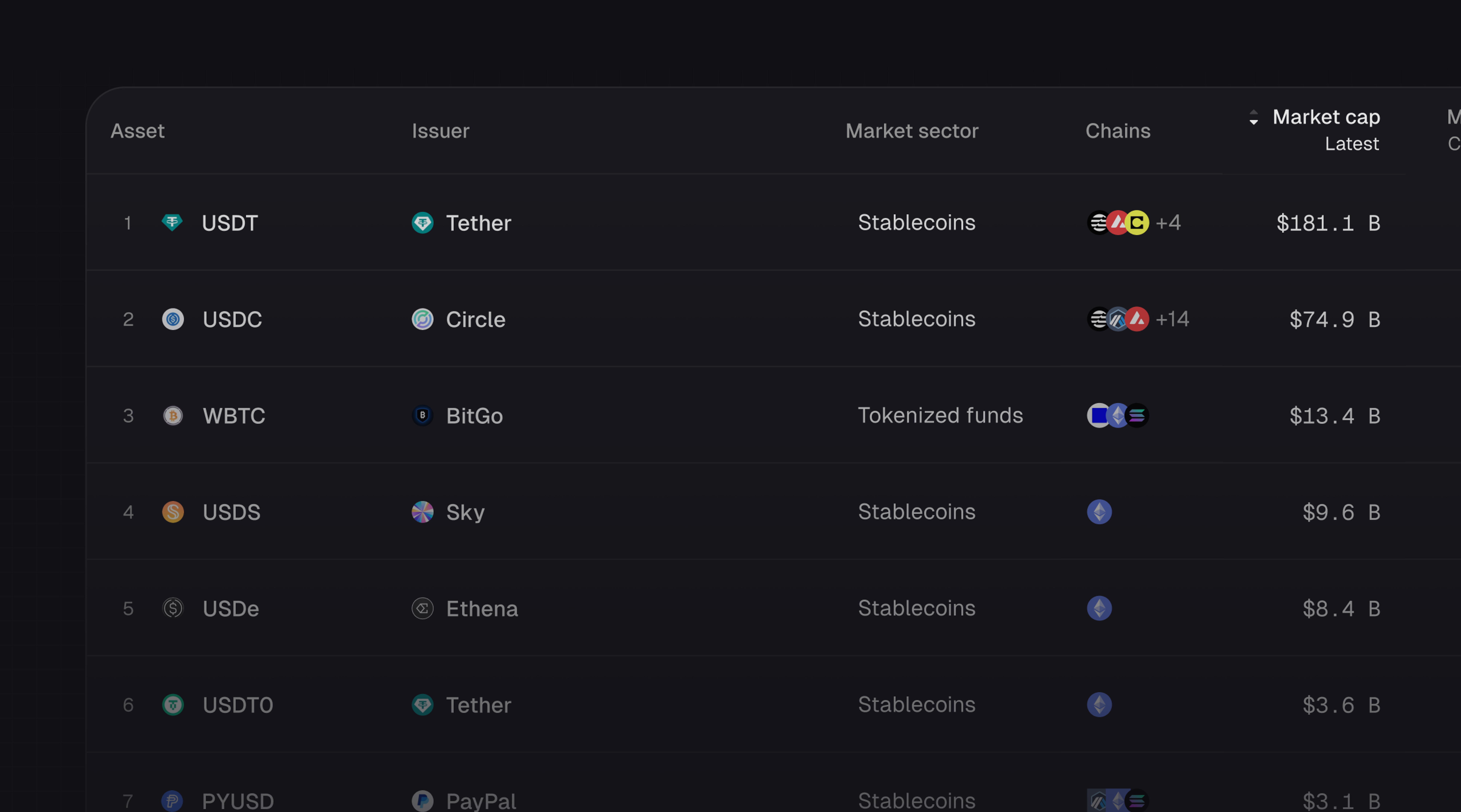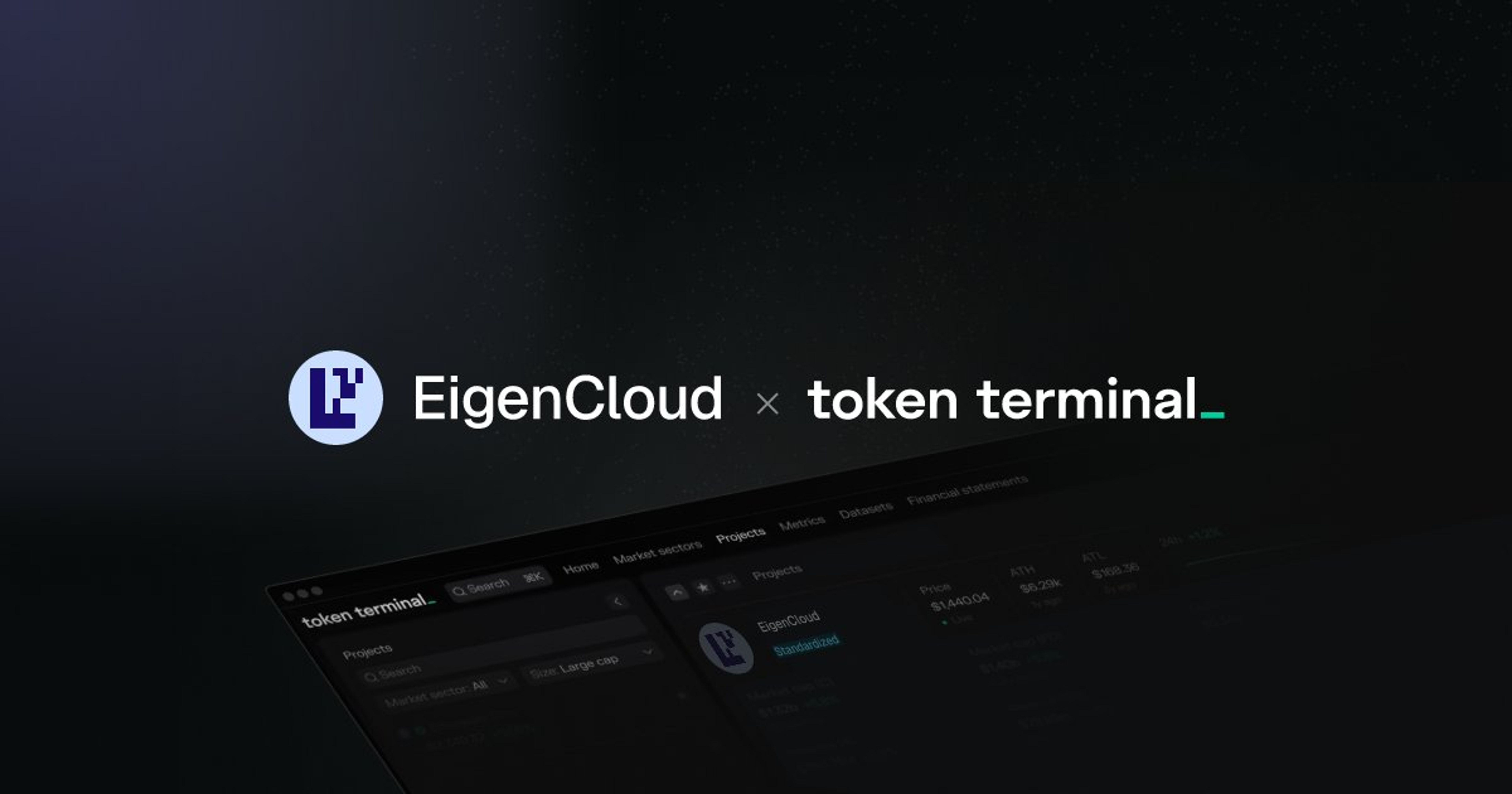Newsletter
Crypto fundamentals – Charts and trends to watch

This newsletter focuses on the projects and smart contracts that are trending across blockchains. Let’s dig in!
Introduction
The trending smart contracts on a blockchain reveal the popularity of specific decentralized applications (dapps) or functionalities, indicative of user demand and behavior. Analyzing usage patterns provides valuable insights to investors about market trends, potential areas of growth, and investment opportunities in the blockchain ecosystem and dapps built on top of them.
Our trending contracts page displays key information of smart contracts, including their corresponding chain, contract name, project, market sector, address, and account age. On top of this, users can use the page to rank smart contracts based on the sums and trends of:
- Gas used
- % of gas market (for the corresponding blockchain)
- Transactions
- Average gas per transaction
- Active users
- Inflows
- Outflows
Overview
This article examines the current smart contract landscape through three key insights unearthed using the trending contracts page:
- 60% of gas consumption on Starknet is spent on token transfers instead of dapp usage.
- Base’s ETH bridging contract on Ethereum has seen over $188m in inflows across 316k transactions over the last 30 days.
- Of all major DEXs, Trader Joe on Avalanche had the lowest average gas cost per transaction over the past year at $0.09.
Scope of analysis
- The trending contracts dashboard features contracts deployed on 10 blockchains. There are numerous chains and contracts not labeled yet on Token Terminal, so the dashboard can only give an indicative analysis of the market.
Starknet gas consumption is dominated by token transfers instead of dapp usage
- Token transfers of bridged assets account for 63.2% of the total gas consumption on Starknet. Gas consumption is indicative of user demand for specific blockchain use cases, including token transfers or dapp usage. On Starknet, StarkGate’s bridged versions of ETH, USDC, USDT, and DAI hold over 60% of the gas market share for the whole ecosystem. In contrast, token transfers account for approximately 5-10% of total gas consumption on more mature blockchains (L2) such as Arbitrum and OP Mainnet.
- In less mature blockchains, users do not have access to the full range of dapps. Gas consumption on emerging blockchains tends to be dominated by bridge applications or token transfers, as the ecosystem may not offer alternative categories of dapps such as lending platforms or derivatives exchanges.
- Developers can take note of the gaps in these emerging dapp ecosystems. As these ecosystems have limited competition in certain market sectors, they may represent an early-mover opportunity for development teams.
Base’s ETH bridging contract on Ethereum has seen over $188m in inflows in the last 30 days
- Base’s ETH bridging contract on Ethereum has seen over $188m in inflows across 316k transactions over the last 30 days. The same contract facilitated only $11m in ETH outflows over the same time period, indicating the Base ecosystem has gained a net of $177m in ETH. In contrast, Starknet’s StarkGate ETH bridging contract has seen a net outflow of $20m over this period.
- This was largely driven by Base’s recent public launch, its budding dapp ecosystem, and potential airdrop speculators. Base launched its public mainnet on August 9th, 2023 under its Onchain Summer program, allowing users to mint a series of commemorative NFTs. Base’s dapp ecosystem has been flourishing since, led by the social media dapp friend.tech. friend.tech allows users to access private chats with social media personalities by purchasing their ‘keys’. On August 21st, friend.tech attracted over 35.5k users, more than Fantom’s 27.5k users on the same day. Finally, some activity may also be partly driven by speculators bridging to Base in hopes of securing an airdrop.
- Bridge inflows and outflows allow investors to determine momentum shifts in blockchain ecosystems. The capital locked in bridging contracts typically represents a large share of the total available funds in a blockchain ecosystem. Net positive bridge inflows represent a growing market interest in a particular ecosystem, indicating that dapp usage may trend upward.
Trader Joe on Avalanche has the cheapest gas cost per transaction at $0.09
| Chain | Contract name | Avg gas cost per tx over the past 365d ($) |
|---|---|---|
| Arbitrum | Uniswap: Universal Router | $0.24 |
| Avalanche | TraderJoe: LB Router | $0.09 |
| Base | LeetSwap V2: Router | $0.91 |
| BNB Chain | PancakeSwap: Router V2 | $0.34 |
| Ethereum | Uniswap V2: Router 2 | $12.92 |
| OP Mainnet | Velodrome: Router V2 | $0.17 |
| Polygon | QuickSwap: Router | $0.15 |
- Of major DEX contracts, Trader Joe’s LB Router on Avalanche had the lowest average gas cost per transaction over the past 365 days at $0.09 per transaction. This is followed by QuickSwap’s Router contract at $0.15 and Velodrome’s Router V2 at $0.17 over the same period. In contrast, the average transaction through Uniswap V2’s Router contract costs users close to $13 in gas per trade. It is important to note that these numbers don’t include the fees charged by the exchanges and only reflect the network gas costs.
- Emerging blockchains are focusing on lowering gas fees to capture user segments that are deterred by high costs on Ethereum mainnet. On June 6th, 2023, OP Mainnet underwent the Bedrock upgrade, which lowered gas fees on the chain through data compression optimizations. Following this upgrade, the average 90-day gas costs per transaction on Velodrome’s Router V1 contract experienced a 40% decline compared to that of the previous 90 days. A similar example includes Arbitrum’s Nitro upgrade on August 31st, 2022, which reduced gas costs while boosting transaction speed and throughput.
- Although lower gas costs may attract more transactional activity, each transaction also results in less revenue generated by the blockchain. OP Mainnet generated a cumulative $5.5m in revenue in May 2023 across 7.8m transactions. In July 2023, following the Bedrock upgrade, OP Mainnet made $3.5m in revenue across 18.0m transactions. This represents a 73% drop in revenue generated per transaction, with average revenue per transaction declining from $0.71 to $0.19. These tradeoffs should be considered by development teams when making gas optimizations for their respective blockchains.
Video of the week
In this episode of the Fundamentals podcast, we’re joined by James and Vincent, the founders of Modular Capital – a crypto investment firm with a fundamental and thesis-driven approach.
Listen to the episode
We discuss what makes crypto interesting, and what the most common misconceptions are that traditional investors have about the asset class. We speak about the pros and cons of liquid venture, the role that data plays as part of the investment process, and walk through some case examples of investments Modular has made. Finally, we discuss what developments James and Vincent are most excited about in crypto right now. Tune in for a great discussion about the fundamentals of crypto.
Timestamps:
00:00 Introduction
01:10 First impressions of Base
04:10 James' introduction & background
06:13 Vincent's introduction & background
07:38 Overview of Modular Capital
10:51 The problem that Modular Capital solves for investors
12:10 What makes crypto interesting from an investor's point of view?
17:38 Biggest misconceptions that traditional investors have about crypto
20:36 Traditional vs. liquid venture: pros and cons
25:34 Is liquid venture more resource intensive?
29:28 What do fundamentals mean in crypto?
31:00 Modular Capital's investment underwriting process
33:15 Data's role in the underwriting process & what metrics does Modular focus on
38:03 Case: dYdX
43:47 Case: Across
47:24 How does Modular work with the projects they invest in?
49:40 What trends or market sectors currently stand out?
56:42 The biggest challenges that funds face in crypto today
The authors of this content, or members, affiliates, or stakeholders of Token Terminal may be participating or are invested in protocols or tokens mentioned herein. The foregoing statement acts as a disclosure of potential conflicts of interest and is not a recommendation to purchase or invest in any token or participate in any protocol. Token Terminal does not recommend any particular course of action in relation to any token or protocol. The content herein is meant purely for educational and informational purposes only, and should not be relied upon as financial, investment, legal, tax or any other professional or other advice. None of the content and information herein is presented to induce or to attempt to induce any reader or other person to buy, sell or hold any token or participate in any protocol or enter into, or offer to enter into, any agreement for or with a view to buying or selling any token or participating in any protocol. Statements made herein (including statements of opinion, if any) are wholly generic and not tailored to take into account the personal needs and unique circumstances of any reader or any other person. Readers are strongly urged to exercise caution and have regard to their own personal needs and circumstances before making any decision to buy or sell any token or participate in any protocol. Observations and views expressed herein may be changed by Token Terminal at any time without notice. Token Terminal accepts no liability whatsoever for any losses or liabilities arising from the use of or reliance on any of this content.
Stay in the loop
Join our mailing list to get the latest insights!
Continue reading

Customer stories: Token Terminal’s Data Partnership with Linea
Through its partnership with Token Terminal, Linea turns transparency into a competitive advantage and continues to build trust with its growing community.

Introducing Tokenized Assets
Token Terminal is expanding its standardized onchain analytics to cover the rapidly growing category of tokenized real-world assets (RWAs) – starting with stablecoins, tokenized funds, and tokenized stocks.

Customer stories: Token Terminal’s Data Partnership with EigenCloud
Through its partnership with Token Terminal, EigenCloud turns transparency into a competitive advantage and continues to build trust with its growing community.